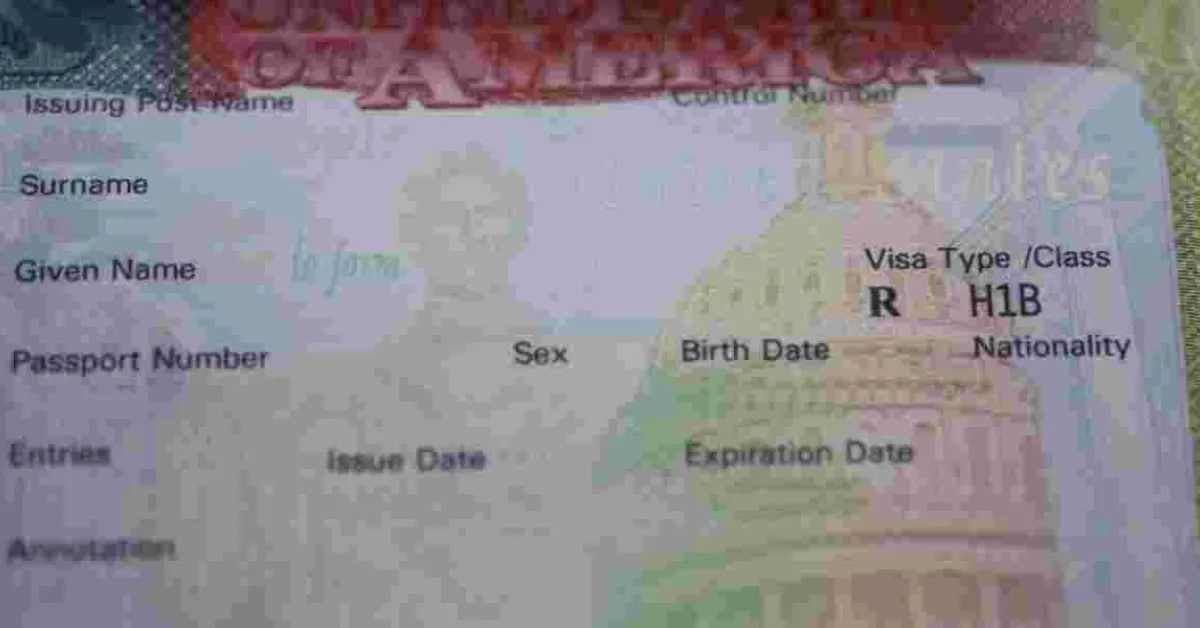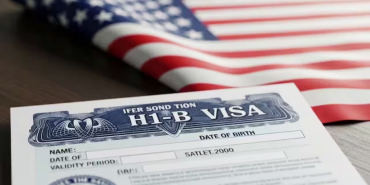How Latest US Visa Changes Impact Opportunities for Foreign Workers and Students

The United States has long been a popular destination for international students and skilled professionals.
However, recent changes to US visa regulations including increased fees and modified rules are poised to significantly impact those aspiring to study or work in the country. The H-1B visa, essential for employing foreign professionals in specialized fields, has seen dramatic fee increases. The registration fee has risen from $10 to $215 per applicant, representing a 2150% increase. Additionally, the application fee for paper filings has gone up from $460 to $780, a 70% hike. Applicants may also face extra charges, such as the Fraud Prevention and Detection Fee, Asylum Program Fee, and fees mandated by various laws.
Obtaining a green card has also become more expensive. The I-130 petition filing fee has increased to $675 for paper applications and $625 for online submissions, up from the previous $535. Furthermore, a new $600 Asylum Program Fee has been introduced for certain non-immigrant and immigrant worker petitions, adding to the financial burden on applicants. The US Citizenship and Immigration Services (USCIS) has justified these fee increases as necessary for covering operational costs and modernizing its systems. Key changes for international students include stricter visa requirements, such as providing precise passport details when booking appointments for F, M, and J visas, and extended EAD validity up to 5 years for eligible applicants.
International students in the US can still benefit from various Practical Training (PT) opportunities such as Optional Practical Training (OPT) and Curricular Practical Training (CPT) which offer work experience related to their field of study. Other notable changes include the introduction of digital fingerprints and facial recognition technology to bolster security in the visa application process, as well as an increase in the fee for Form I-129 which is essential for those seeking temporary employment in the US under various visa categories. Additionally, the government will now charge an extra fee to employers for extending the work visas of their employees to raise funds for enhancing the tracking system through biometric technology.
Interestingly, the Optional Practical Training (OPT) period for STEM (Science, Technology, Engineering, and Mathematics) graduates has been extended from 12 months to 36 months thus providing a competitive edge for these graduates in the US job market and supporting the country's need for skilled professionals in these critical areas.














Add new comment